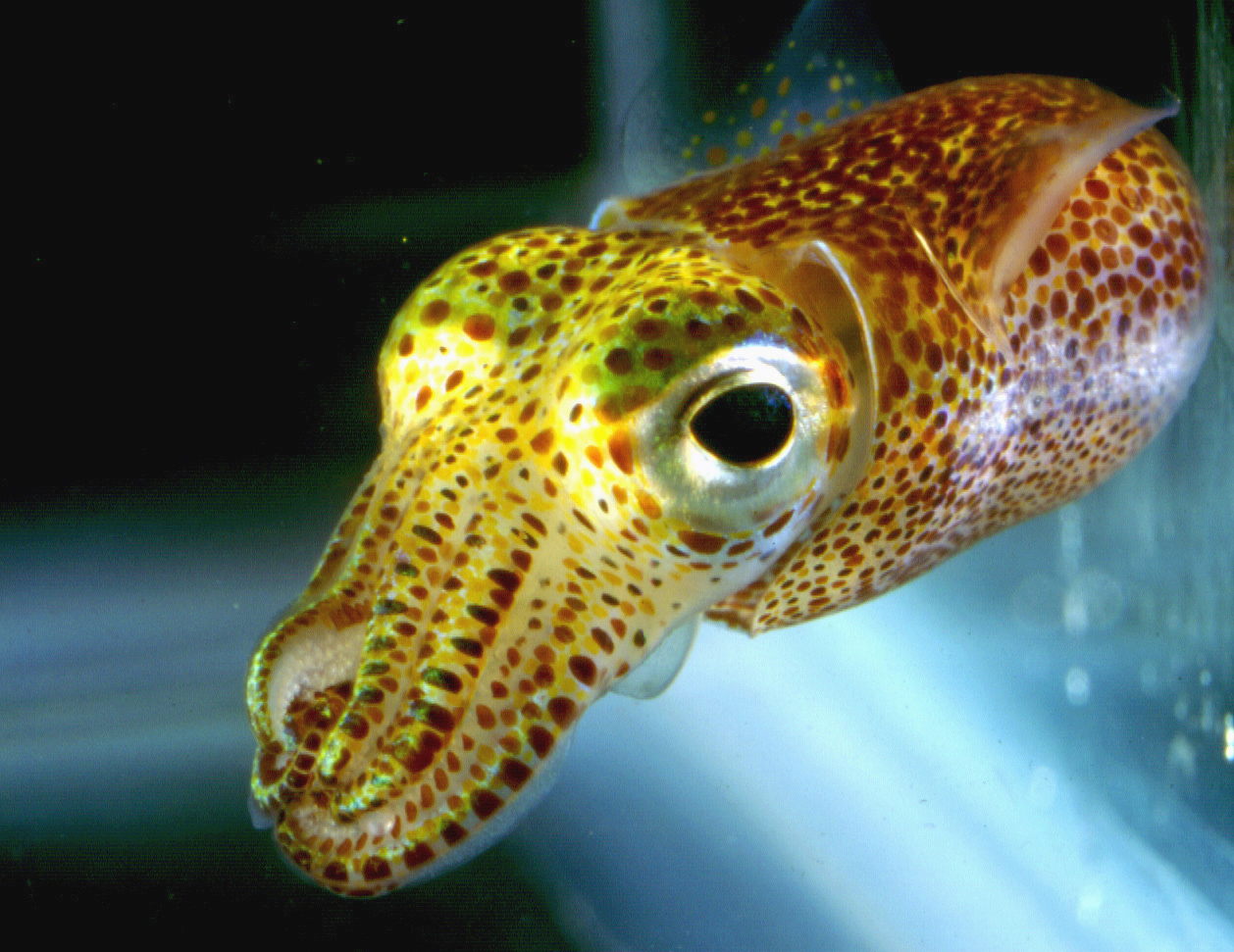

If humans want to spend time on the moon or Mars, we have to solve health problems to get them there safely,” she said. “There are aspects of the immune system that just don’t work properly under long-duration spaceflights. Understanding what happens to the squid and their bacteria could improve the health of astronauts, allowing NASA to send them on longer missions than their one-year stays on the International Space Station, according to Foster.ĬLICK HERE TO READ MORE FROM THE WASHINGTON EXAMINER After the symbionts integrate for 12 hours, scientists will freeze the organisms and examine them on a molecular level upon their return to Earth, which is set to occur in July. Researchers will expose the squid, hatched in a controlled lab environment, to the bacteria for the first time. Space Marines Assult Intercessors + Paint Set (Restock Preorder) 30.00 Death Guard Myphitic Blight-Hauler (Restock preorder) 22.00 Nighthaunt Mymourn Banshees (Restock Preorder) 14.00 Realmscape: Thondian Strongpoint (Restock Preoder) 198.00 Tyranids Hive Tyrant (Restock Preorder) 60.00 Shop Now collectible squids.

Their immune systems don’t recognize bacteria as easily. “As astronauts spend more and more time in space, their immune systems become what’s called dysregulated. Fourteen hours after launch, an astronaut will. The immune system does not return to normal functioning until the astronaut returns to Earth, according to a study by NASA. Newly hatched squid that have not yet encountered their bacterial partners will go up to orbit in tubes of seawater. The human immune system similarly discerns helpful bacteria from dangerous ones, but that process gets disrupted for astronauts from stressors such as radiation and microgravitational environments.


 0 kommentar(er)
0 kommentar(er)
